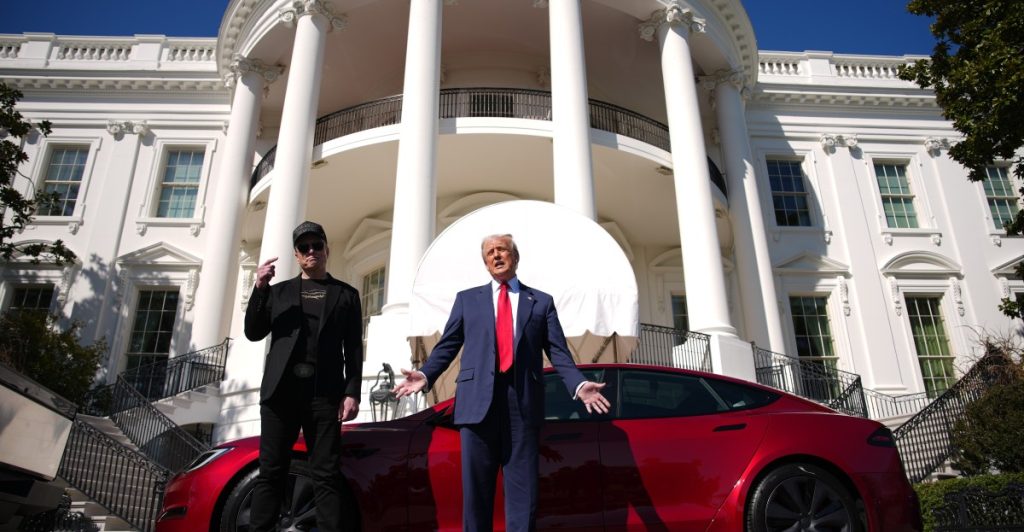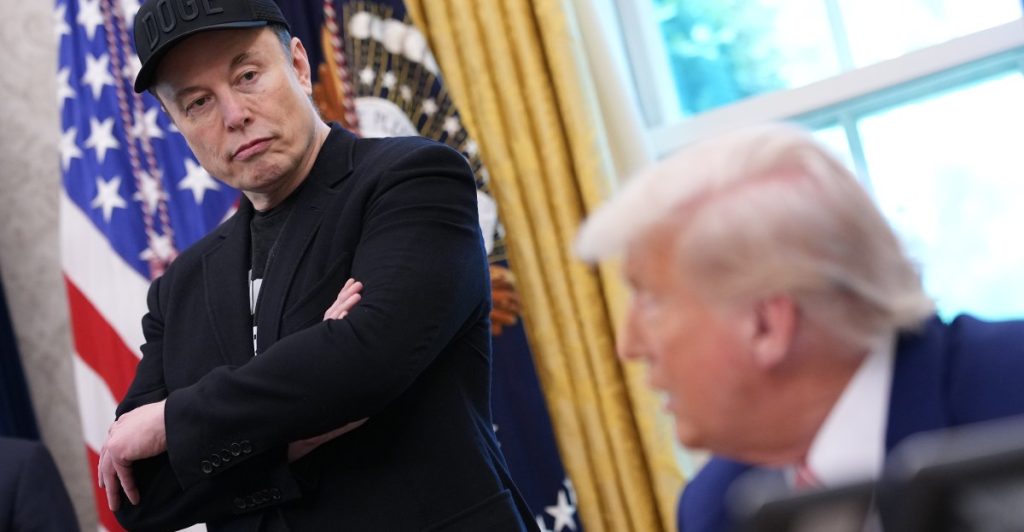Now Reading: As Trump upends aid and markets, who will pay for green development in Global South?
-
01
As Trump upends aid and markets, who will pay for green development in Global South?
As Trump upends aid and markets, who will pay for green development in Global South?

Donors supporting climate and development initiatives face a significant challenge in upcoming key meetings as the largest aid donor, the US, drastically reduces its overseas aid and disrupts global financial markets. President Donald Trump’s administration has terminated $54 billion in foreign aid contracts, pressuring European allies to reallocate aid funds to defense while implementing fluctuating tariffs on trading partners, causing market instability and investor uncertainty.
At the World Bank and IMF spring meetings in April and a financing conference in Seville in June, backers of climate change and poverty reduction efforts will aim to navigate obstacles exacerbated by slow progress and limited funding even before Trump’s presidency. Discussions will focus on reimagining funding sources as traditional foreign aid dwindles, with experts emphasizing the need for a coordinated approach combining various reforms such as debt restructuring, financial system redesign, increased private investment, expanded donor pool, and enhanced self-funding by recipient nations.
The changing landscape due to US policy shifts poses a tougher challenge for achieving global goals, requiring urgent solutions to bridge the development finance gap and alleviate the debt crisis faced by many poorer countries. Efforts to secure climate finance, sustainable development, and debt relief will be crucial at upcoming meetings, with a call for political leadership and innovative financial mechanisms to mobilize resources effectively.
While some countries advocate for levies on industries to finance climate actions, progress has been slow, prompting the exploration of new revenue sources and financial reforms. Involving private sector investments becomes vital as traditional aid declines, necessitating a shift in business mindset to recognize the financial benefits of sustainable investments amidst escalating climate risks and environmental degradation. Collaboration among stakeholders, including governments, international institutions, and businesses, will be essential to drive impactful solutions and address pressing global challenges.






